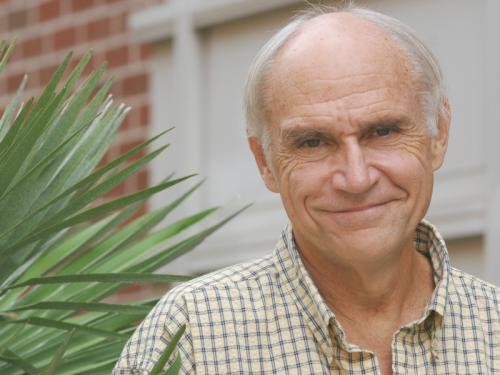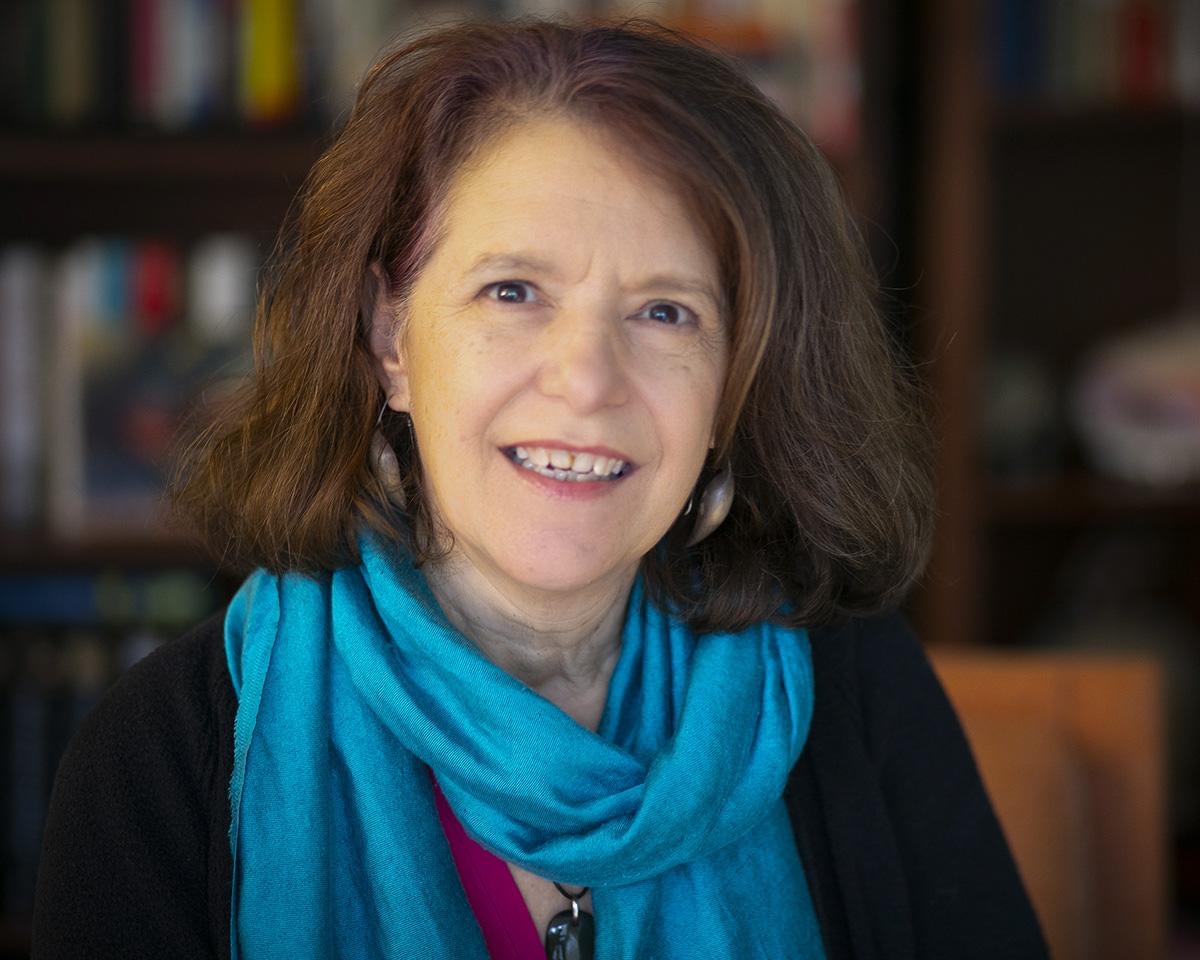Rebecca Bratspies named Inaugural Oliver Houck Chair in Environmental Law
Tulane Law School has named Professor Rebecca Bratspies as the inaugural Oliver Houck Chair in Environmental Law, law Dean Marcilynn Burke announced.
Bratspies, a professor at the City University of New York (CUNY) School of Law and an internationally recognized expert in environmental law, has built her career examining issues of sustainability, environmental justice, and regulatory governance. The Houck Chair honors the legacy of Professor Oliver Houck, an iconic trailblazer in environmental law and advocacy as well as Tulane’s path-charting work in the field.
“With this chair, we honor Oliver Houck’s extraordinary contributions to the field of environmental law and his mentorship of our students,” said Burke. “Rebecca Bratspies is a fitting choice, given her dedication to environmental justice and her commitment to using the law as a force for positive change.”
Bratspies is the founding director of the Center for Urban Environmental Reform and the author of numerous articles and has authored or co-authored a number of books, among them the award-winning Naming Gotham: The Villains, Rogues, and Heroes Behind New York Place Names and —Mayah’s Lot— an acclaimed comic-book series that educates communities about environmental rights.
Houck, a revered figure in environmental law, spent decades at Tulane Law School mentoring students, litigating landmark environmental cases, and shaping national policy. A former Assistant U.S. Attorney and a key figure in the creation of modern environmental regulations, Houck played a central role in protecting Louisiana’s wetlands and water systems. His scholarship and advocacy were instrumental in the development of laws such as the Clean Water Act and the Endangered Species Act.

Tulane alumni have followed in Houck’s footsteps and said it was time to honor his incredible impact in the field.
“Ollie—as we know him—has produced an unparalleled body of work spreading the gospel of environmentalism,” said J. Michael Veron (A&S ’72, L’74), one of the inaugural founders of the Houck Chair. “He is unsurpassed at writing in a folksy style that is equally appealing to academics and others interested in slowing the destruction of our planet. As a Tulane alum, I am so proud of his work and how much he has advanced the mission of Tulane Law School.”
Bratspies said New Orleans and Tulane are uniquely positioned to address environmental challenges because Louisiana and its people have been so profoundly impacted by climate change and have responded with an equally profound commitment to environmental protection. She said she can envision cross-disciplinary collaborations between the law school and other schools at Tulane, including with the School of Architecture and Built Environment, and the School of Public Health and Tropical Medicine to bring community solutions to the very serious concerns around environmental policy.
“Tulane Law has been a leader in environmental law for decades and I’m thrilled to work alongside such wonderful colleagues as we prepare students to make a difference practicing in this complex and ever-changing field,” said Bratspies.
Beyond academia, Bratspies has played a significant role in policy discussions on environmental governance. She has worked with the United Nations, the U.S. Environmental Protection Agency, and with international nongovernmental actors to develop sustainable policies addressing climate change and ecological justice. In her advocacy, she combines legal analysis with public engagement, often using creative methods such as comic books like Mayah’s Lot—to connect with community. The book won the 2023 EPA Clean Air Excellence Award for Education and Outreach and has been incorporated into classrooms across the United States.
In New York, Bratspies was tapped to become a member of the city’s Environmental Justice Advisory Board, a group of experts advising the city as it developed and implemented its Environmental Justice Plan. Additionally, she is currently working with the U.N. Environmental Programme creating a graphic novella documenting the dangers that environmental defenders face around the world as they stand up for forests and rivers, and fight against pollution.
Her work has earned her recognition as a leading voice in the field, bridging the gap between scholarship, policy, and community activism.
“Storytelling is a powerful way to communicate the law to communities so that they can be a part of the transformation and shaping the policies that will impact them,” she said.
As the Houck Chair, Bratspies joins Tulane Law and its robust programs in environmental law. Tulane offers one of the most comprehensive programs in the nation and is recognized as a national leader in the field through pioneering scholarship, influential litigation, and path-charting academic programs. With its deep ties to Louisiana’s rich landscape, Tulane has played a critical role in training generations of environmental lawyers.
Houck in 2023 became Professor Emeritus at Tulane Law and continues to write in the environmental law and policy arena. He is beloved by the many students who took his courses, some of whom have gone on to illustrious careers in the environmental law field. Among them is Gladstone Jones (L’92) who has spent the past five years working with Tulane’s alumni ranks fundraising for the establishment of the new Chair. Jones, a founding member of the firm Jones Swanson, has spent the better part of his legal career litigating commercial and environmental law cases.
“Oliver Houck is my hero. He is a visionary, a truth-teller and has proven over and over he is unafraid of power or money,” Jones said. “From industries to governors, Oliver pursued passionately righting environmental wrongs and then went on to teach his law students how to get out there and make a difference. We have a duty to honor his hard work by supporting the next generation of professors and Tulane Law to continue serving as protectors of Louisiana’s environment, and in training future lawyers.”
Tulane was among the first law schools in the nation to establish an environmental law program, launching specialized courses in the 1970s as environmental policy gained prominence in the wake of landmark legislation like the Clean Water Act and the Clean Air Act. The school’s commitment to environmental law deepened in the following decades, leading to the creation of its highly regarded Environmental Law and Energy Law programs, which now offer a comprehensive curriculum, hands-on clinical opportunities, and international programming.

